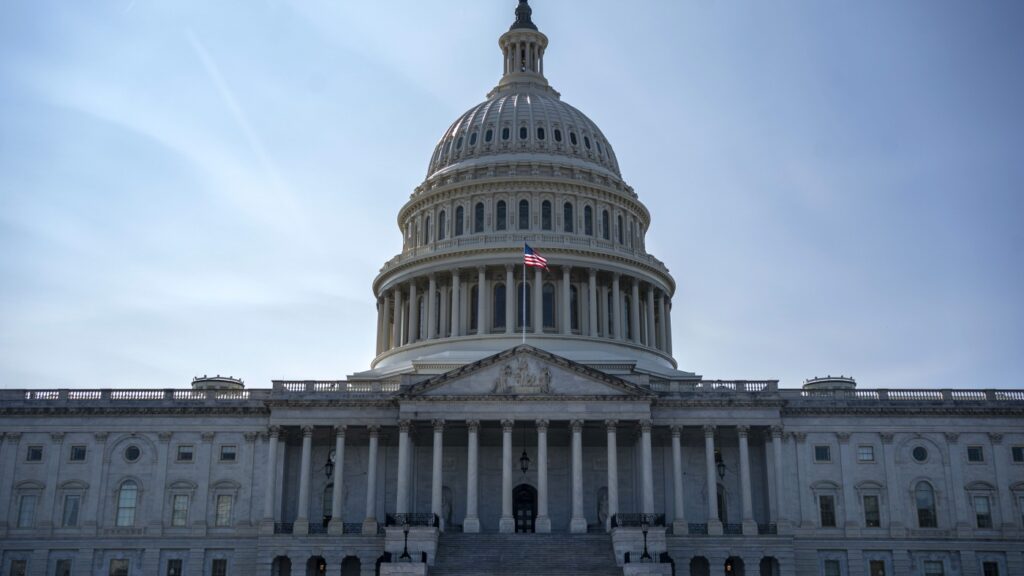The House of Representatives is set to vote on legislation aimed at revoking two years of federal funding for public media outlets, as requested by President Trump. The bill, the first of its kind from the Trump administration, seeks to cut a total of $9.4 billion in funding, with a significant portion targeting foreign aid programs overseen by USAID. The legislation also includes cuts to the Corporation for Public Broadcasting, slashing $1.1 billion over the next two fiscal years.
House Majority Leader Steve Scalise introduced the bill, emphasizing the need to eliminate wasteful spending in foreign aid initiatives and public broadcasting, including NPR and PBS. The move has garnered support from many congressional Republicans, aligning with the administration’s push to reduce funding for public media.
Criticism of NPR and PBS for alleged ideological bias has fueled the debate, with some Republicans questioning the necessity of federal subsidies for public broadcasting. Former GOP lawmakers have noted a shift in sentiment towards public media, from previous support to skepticism and now hostility.
The history of public media funding, dating back to the creation of the Corporation for Public Broadcasting in 1967, has seen recurring attempts by Republicans to defund public media outlets. The current legislation reflects ongoing efforts to scale back federal support for NPR, PBS, and other public broadcasting entities.
As the House prepares to vote on the rescission package, public media stations have mobilized grassroots lobbying efforts to oppose the cuts. The fate of the legislation will then move to the Senate for consideration, with Senate Majority Leader John Thune indicating a prompt review of the rescissions request.

